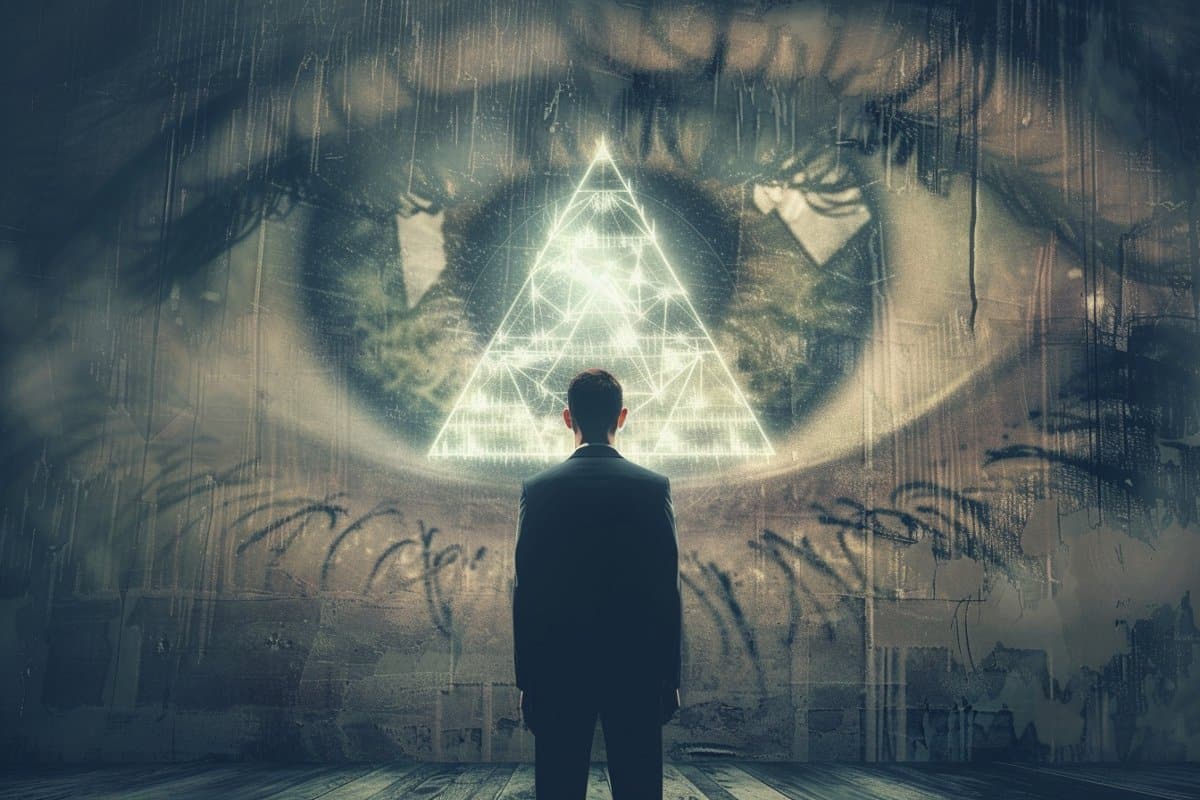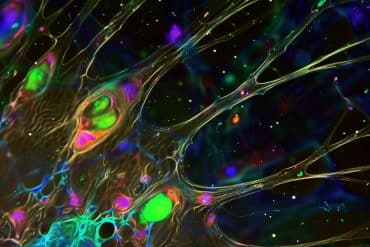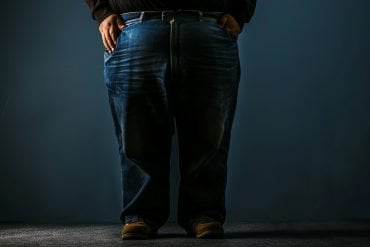Summary: A new study suggests the difficulty in recognizing one’s own beliefs as conspiracy theories contributes to the stigma around “conspiracy theorists.” Despite many Americans holding beliefs that could be classified as conspiratorial, the study found that individuals struggle to label these beliefs accurately, especially without reflection or a clear understanding of what constitutes a conspiracy theory.
By conducting online experiments, researchers discovered that providing a clear definition of conspiracy theories improved recognition but did not diminish belief in them. This insight challenges the notion that simply debunking conspiracies will change beliefs, instead highlighting the importance of acknowledging the prevalence of such beliefs to reduce social isolation.
Key Facts:
- Many Americans believe in conspiracy theories but fail to recognize these beliefs as such, a phenomenon dubbed “conspiracy blindness.”
- Accurate identification of conspiracy theories increases with deliberate consideration and a clear definition, but belief in the theories remains unaffected.
- The research suggests that rather than trying to debunk conspiracy theories outright, increasing awareness of their commonality might reduce feelings of isolation among believers.
Source: University of Illinois
Conspiracy theorists get a bad rap in popular culture, yet research has shown that most Americans believe conspiracy theories of some sort. Why then, if most of us believe conspiracies, do we generally think of conspiracy theorists as loony?
New research from the University of Illinois Chicago found that it’s because people are quite bad at identifying what is or isn’t a conspiracy theory when it’s something they believe. The finding held true whether people self-identified as being liberal or conservative.
“Conspiracy blindness” became less pronounced when study participants took more time to consider whether something was a conspiracy theory, and when they were given a definition of conspiracy theories to consider.”
The research is published in PLOS One.
“A lot of people believe these things, but it just never occurs to them that they may be a conspiracy theory,” said JP Prims, a visiting lecturer in psychology at UIC and the study’s author.
After all, conspiracy theories aren’t always false — think Watergate. Indeed, Prims found their way to this research after realizing that they believed a conspiracy theory: that oil and gas companies deliberately hide information on climate change.
Prims showed that people were bad at labeling their beliefs as conspiracy theories across two studies, each with roughly 250 online participants.
The first study asked participants to read summaries of news articles, half of which came from mainstream outlets that did not contain conspiracies and half from conspiracy news sites that did. The second study was similar but used statements that either did or did not include a conspiracy, as opposed to real articles.
Examples of the conspiracies included that pharmaceutical companies push state governments to require vaccinations or that 5G wireless networks pose health risks.
Participants then rated how true they thought the article or statement was and whether it contained a conspiracy. In both studies, the more a participant believed the conspiracy article or statement, the more difficulty they had recognizing it as a conspiracy. Participants were also less likely to correctly identify conspiracy theories when they made their decision quickly.
The second study included an additional element. Half the participants were given a definition of conspiracy theories at the outset. It included three elements: a group of powerful people is working together to accomplish a goal, they are trying to keep this work secret and they are acting at the expense of others.
The other participants did not get this definition in advance. Yet all participants were given a checklist of these three items when considering whether each statement contained a conspiracy. Those who had been specifically told this was the definition of a conspiracy theory were more likely to correctly identify conspiracies, Prims found.
Importantly, in this second study, identifying something as a conspiracy theory did not make people less likely to believe it. This finding is important for those who believe that debunking conspiracy theories will prompt people to change their beliefs — an admirable pursuit given that many conspiracy theories are false and potentially dangerous.
Instead, the goal should perhaps be to make people more aware that they’re not alone in their belief in conspiracy theories, Prims said.
“Having your beliefs labeled as conspiracy theories can be very alienating,” they said. “Recognizing that this is much more common than we think might address some of that isolation and those feelings of disconnection from society.”
About this conspiracy belief and psychology research news
Author: Brian Flood
Source: University of Illinois
Contact: Brian Flood – University of Illinois
Image: The image is credited to Neuroscience News
Original Research: The findings will appear in PLOS ONE







